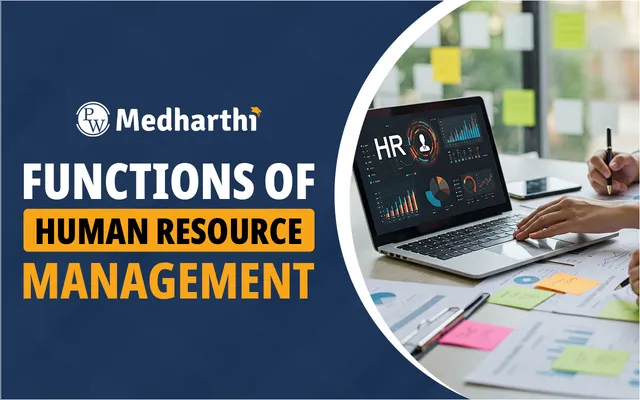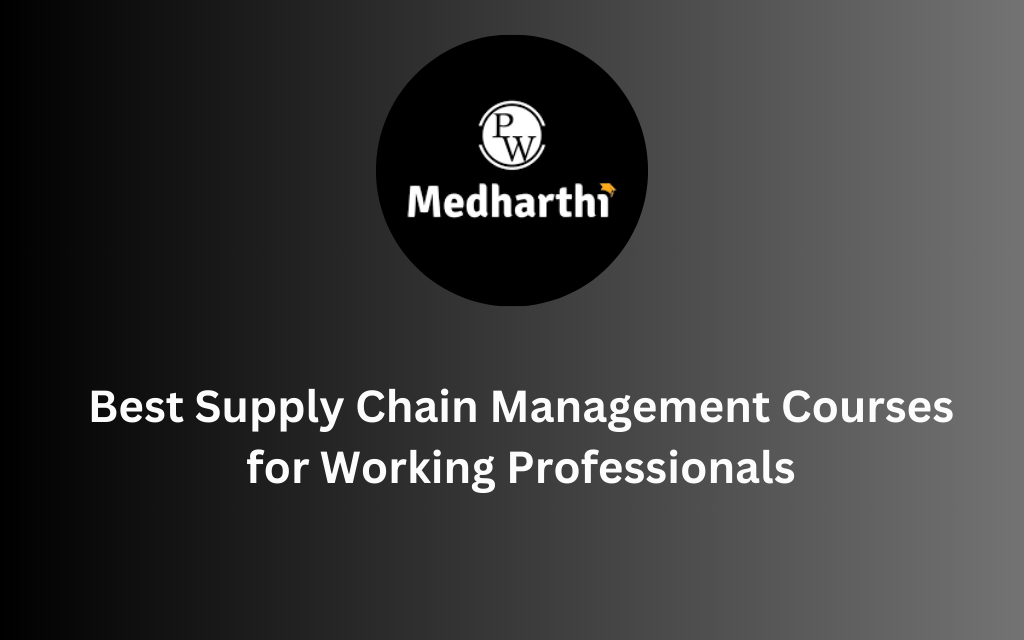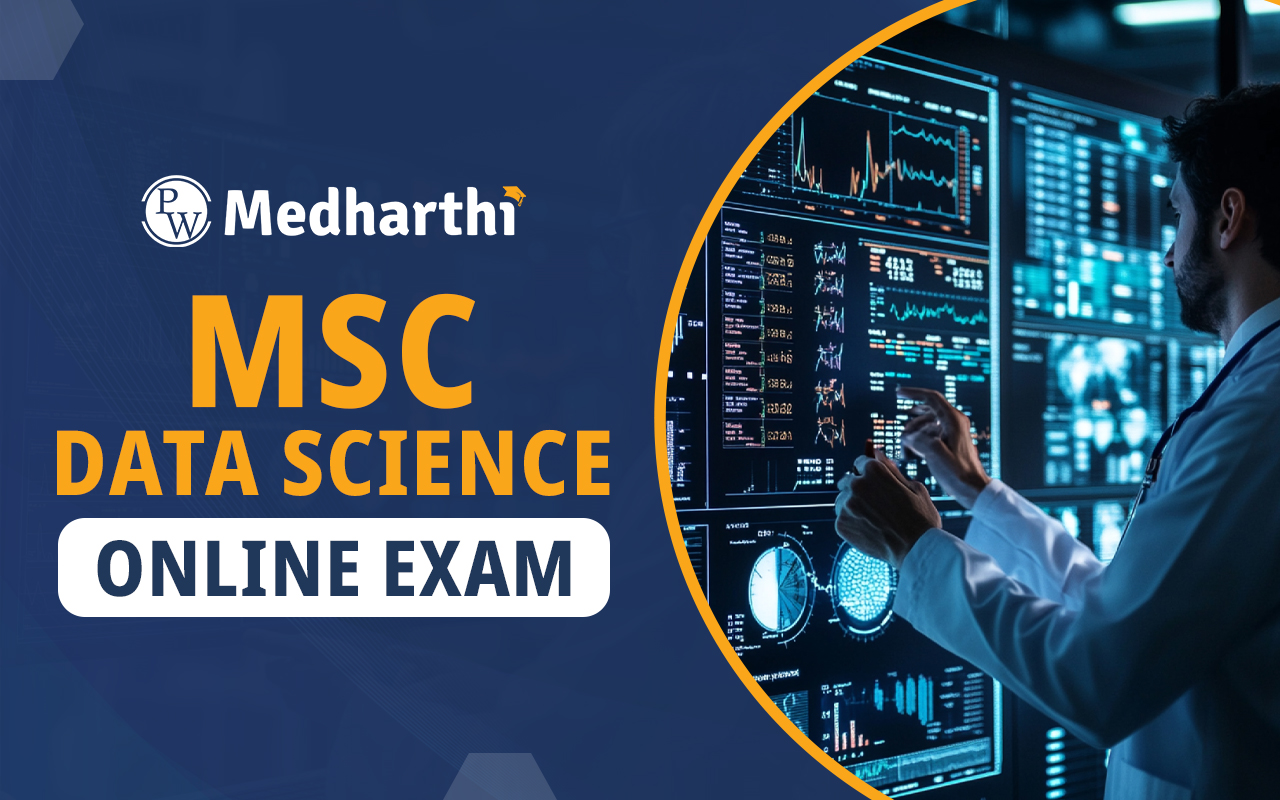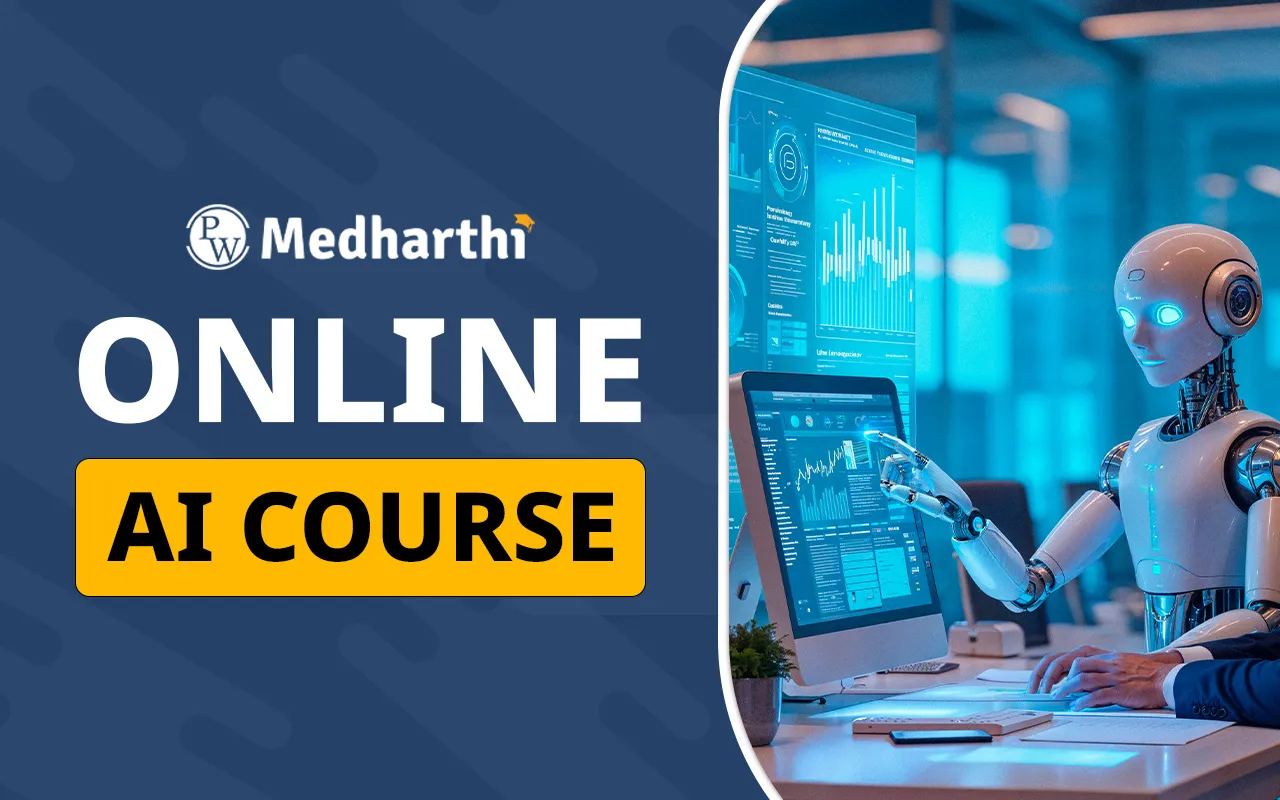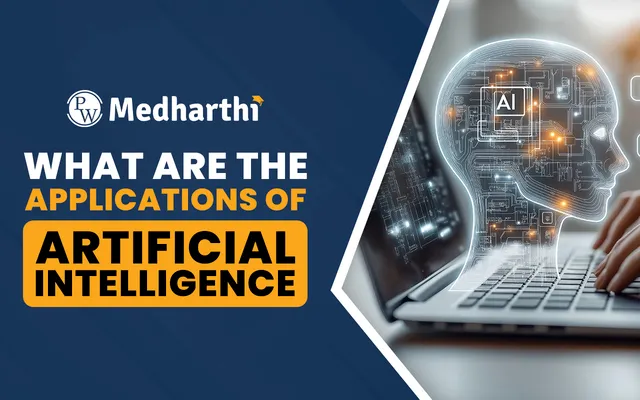
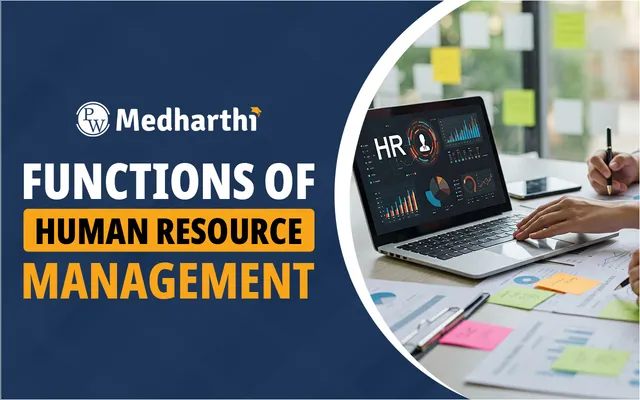
With the passage of time, the role of HR management has become one of the most crucial in driving organizational success. In fact, as per several reports, the top HR priorities in India are attracting and retaining top talent and designing a talent pool well surrounded with skills. It encompasses a wide range of responsibilities aimed at effectively managing an organization's human capital, its most valuable resource. This blog explores the core functions of Human Resource Management, offering insight into how HR departments contribute to organizational success.
Functions of Human Resource Management
Human Resource Management (HRM) involves strategically managing an organization’s workforce to enhance productivity, ensure compliance, and support employee growth, playing a vital role in achieving business success. Listed below are some of the major and crucial functions of human resource management.
1. Human Resource Planning
Human resource planning is the foundational function of HRM. It involves forecasting the organization's future human resource needs and planning accordingly to ensure that the right number of employees with the right skills are available at the right time. HR professionals analyze current workforce capabilities, predict future requirements, and develop strategies to bridge the gap. This process ensures that the organization is neither understaffed nor overstaffed and remains agile in meeting its goals.
2. Recruitment and Selection
Recruitment and selection are critical to acquiring talent that aligns with the organization’s goals and culture. The recruitment process involves identifying job openings, advertising roles, sourcing candidates, and managing applicant tracking systems. Selection, on the other hand, includes screening resumes, conducting interviews, administering tests, and finalizing hiring decisions. Effective recruitment and selection strategies help organizations build a strong, capable workforce that drives productivity and innovation.
3. Employee Onboarding and Orientation
Once candidates are selected, onboarding and orientation ensure a smooth transition into the organization. Onboarding is a structured process that familiarizes new hires with company policies, procedures, and workplace culture. Orientation programs help new employees understand their roles, meet their teams, and get acclimated to the environment. A well-designed onboarding process boosts employee engagement, reduces turnover, and sets the stage for long-term success.
4. Training and Development
Continuous learning is essential for employee growth and organizational development. The training and development function of HRM is responsible for identifying skill gaps and providing learning opportunities that enhance employee capabilities. Training can range from technical instruction to soft skills development, while development often includes leadership training and career advancement programs. These initiatives not only improve performance but also foster employee motivation and loyalty.
5. Performance Management
Performance management is a systematic process through which organizations evaluate employee performance, provide feedback, and set performance goals. HR professionals design appraisal systems, conduct performance reviews, and ensure that feedback is constructive and aligned with business objectives. A robust performance management system encourages accountability, recognizes excellence, and facilitates professional growth.
6. Compensation and Benefits
Compensation and benefits are key drivers of employee satisfaction and retention. HRM is responsible for developing competitive salary structures, administering incentive programs, and managing employee benefits such as health insurance, retirement plans, and paid leave. Fair and transparent compensation practices ensure internal equity and external competitiveness, which are vital for attracting and retaining top talent.
7. Employee Relations
Maintaining positive employee relations is essential for a harmonious work environment. HR professionals mediate conflicts, address grievances, and promote effective communication between employees and management. They also develop policies that foster inclusivity, respect, and fairness. Strong employee relations contribute to increased morale, reduced absenteeism, and improved organizational commitment.
8. Compliance with Labor Laws
Ensuring legal compliance is one of the most crucial functions of HRM. HR departments must stay updated with labor laws, employment standards, workplace safety regulations, and other legal requirements. They are responsible for implementing policies that protect both the organization and its employees, reducing the risk of legal disputes and penalties. Compliance with laws also enhances the organization’s reputation and fosters trust among stakeholders.
9. Workforce Diversity and Inclusion
Modern HRM emphasizes the importance of diversity and inclusion in the workplace. This function involves creating an environment where individuals from diverse backgrounds feel valued and supported. HR teams develop initiatives, training, and policies to eliminate bias, ensure equal opportunity, and promote a culture of inclusiveness. A diverse workforce drives innovation, broadens perspectives, and enhances organizational performance.
10. Health, Safety, and Wellbeing
Employee health and safety is a legal and ethical obligation for every organization. HRM plays a key role in establishing health and safety protocols, conducting training, and ensuring compliance with occupational health standards. In addition, HR departments increasingly focus on employee wellbeing through mental health initiatives, wellness programs, and support services. A healthy workforce is more productive, engaged, and resilient.
11. Succession Planning
Succession planning is the process of identifying and developing future leaders within the organization. HRM is tasked with recognizing high-potential employees and preparing them to take on key roles in the future. This function ensures business continuity, reduces talent gaps, and supports long-term strategic goals. Succession planning also signals to employees that the organization invests in their growth and future.
12. HR Information Systems (HRIS) Management
The integration of technology in HRM has led to the adoption of Human Resource Information Systems (HRIS). These systems automate HR functions such as payroll, attendance, employee records, and performance tracking. HR professionals are responsible for managing these systems to enhance efficiency, improve data accuracy, and enable data-driven decision-making. HRIS also supports compliance and strategic planning through real-time analytics and reporting.
13. Organizational Development
HRM contributes significantly to organizational development by aligning human resources with business strategies. This involves change management, restructuring, and culture-building efforts to enhance organizational effectiveness. HR professionals work with leadership to implement initiatives that improve adaptability, foster innovation, and drive transformation.
| Online Degree Important Links | |
| Online MCA Programs in India | Online BCom Course |
| Online MCA Course | Online Degree Programs |
| Regular Degree Vs Distance Degree | BA Online Registration |
Functions of Human Resource Management FAQs
What is the main function of Human Resource Management?
Why is HRM important in an organization?
What are the core functions of HRM?
How does HRM support employee development?
What role does HR play in performance management?

